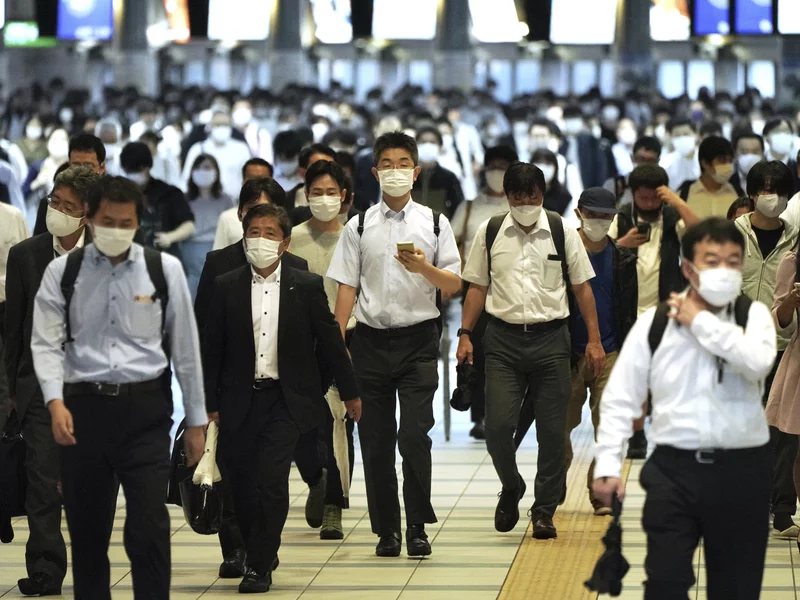How Japan Handled COVID And Got A Huge Drop In Infection Cases
In mid-August, just following the Tokyo Olympics, Japan was in the grip of a 5th wave of COVID infection cases. New cases had risen to 25,000 per day in the country, and Japan’s medical system was stretched to the limit.

In late September, the number of cases had decreased dramatically. As of December, the national number of cases is lower than 100 cases per day. Dr. Hideaki Oka, a doctor in Saitama Medical University Hospital states that “We have had zero COVID patients in our hospital for two months straight,” Dr. Oka explains, “so we’ve been able to focus on general medical issues the same way as we did in pre-COVID days. ”
The change is so dramatic that the experts are confused as to why. The number of cases dropped by more than 91% from their previous high. Japan has experienced less than one death per day for the past couple of weeks, which is the lowest since July of 2020.
Japan was not as advanced as other advanced nations earlier in the year, but now 80% of its total population of more than 125 million is completely inoculated. The country then began administering booster shots in December.
However, Japan’s neighbor South Korea has fully vaccinated over 90 per cent of its population. Masking in public is a common practice in the country as well.
However, South Korea is going through the most severe pandemic outbreak thus far. Following a year and half of gradual ease of restrictions, it was forced to limit business gatherings, beginning on Dec. 3. Additional limits are imposed at the end of December. 16
A visitor and an airline company staff member wearing protective face masks are seen at the arrival gate of the international flight terminal at Tokyo International Airport, commonly know as Haneda airport, amid the coronavirus disease (COVID-19) outbreak, in Tokyo, Japan December 28, 2020. REUTERS/Issei Kato
Like in the first few months of the pandemic, Japan is trying to determine why deaths and COVID-19 cases are still low compared to international standards.
A few people in Japan believe that Suga’s government response to coronavirus. Even though they have accelerated the rollout of vaccines, Suga was generally seen as indecisive and worried about the economic implications of social drift. Suga resigned in September, after just a few months in the office.
As was the case in previous years, journals and media continue to present hypotheses regarding some “x-factor,” some characteristic of the Japanese people or environment that has allowed it to stay away from more serious COVID-19 harm.
“One hypothesis is that there is something intrinsically different about the immune cells that the Japanese people might carry that can fight off the infection,” claims Akiko Iwasaki who is an immunologist at Yale University who, in an article, last year, addressed the issue of “Why is it that Japan has such low incidences of COVID-19? ”
In the article, she also mentions another theory that suggests that a less extreme version of the coronavirus is already present in Japan, which gave certain people the ability to resist SARS CoV-2.
Another theory, she states, is that the delta variant of Japan has changed so that it is no longer able to reproduce, pushing it towards the point of extinction. While these hypotheses might be intriguing, as plausible as they could seem, Iwasaki says, “currently, they aren’t proven theories. ”
Japan has closed its borders to non-resident foreigners to prevent the omicron variant. This was after briefly lifting the restrictions. However, the number of cases is rising. Another round of health issues, Oka states, may swiftly put the doubt that Japan is an exception concerning COVID-19.
Source: Npr.org
Also read about Japan Registers Its First Omicron Variant Infection Case
